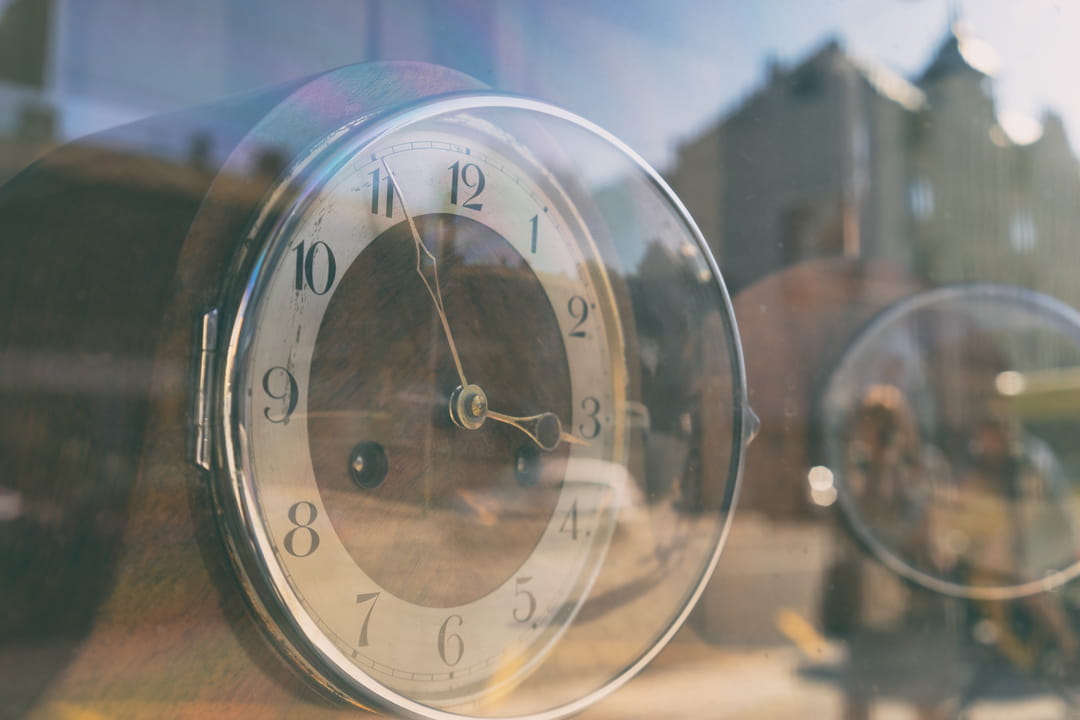The 2024 time change is happening this weekend. With a historical oddity during winter time.
It has been debated for decades. It is attributed to fatigue, sleep disorders, pollution and even road deaths due to the greater darkness in the evening. The winter time change has finally arrived. In a few hours, at 3 a.m. this very night, it will actually be 2 a.m. according to the official European Union system. The time change means an extra hour of sleep. But for many, the time will have already changed this Saturday evening, when they go to bed. For others, the time will be transformed this Sunday morning.
At the origin of this system, we must go back to summer time in which we have been living since the end of March. Summer time was introduced in 1976 to make the most of the sunshine, particularly at the end of the day, during the summer period. By moving the time forward, to GMT+2 (i.e. two hours difference with so-called “solar” time), we would indeed save on lighting and heating. Savings contested and quantified by Ademe, the Environment and Energy Management Agency, at less than 400 Gw per hour on average now.

The transition to winter time is only a step back, to “normal” time in France. But the country still maintains a one-hour difference with the Greenwich meridian, or GMT+1. A historical oddity. France actually changed its relationship with the sun several decades ago. Originally? The Second World War and more precisely, the German Occupation. At this time, the invader refused to adapt to French time and first forced the occupied zone to switch to GMT+1, Berlin time. The free zone will also end up passing there a few months later, the Vichy regime agreeing to switch to Germanic time, in particular to make life easier for the SNCF and its trains. A decision with serious consequences which has never been changed since.
Result: for three-quarters of a century, the French have lived for five months of the year, from the end of October to the end of March, with one hour more than universal time GMT (Greenwich mean time), or GMT+1. The most optimistic, however, will be able to rejoice: this “forgetting” of history, certainly embarrassing, allows us to maintain more light at the end of the day during the long months of autumn and winter. Imagine: if we decided to base ourselves on natural time (i.e. GMT exactly), night would fall in the middle of the afternoon in winter, around 4 p.m. instead of 5 p.m. today.
